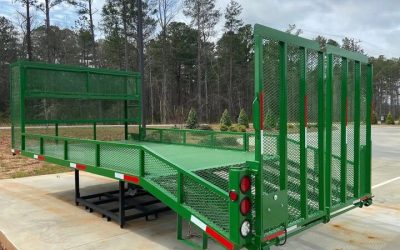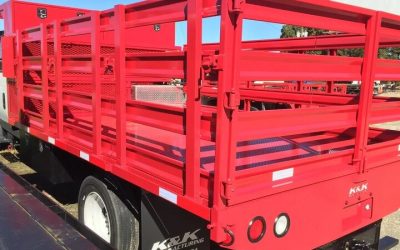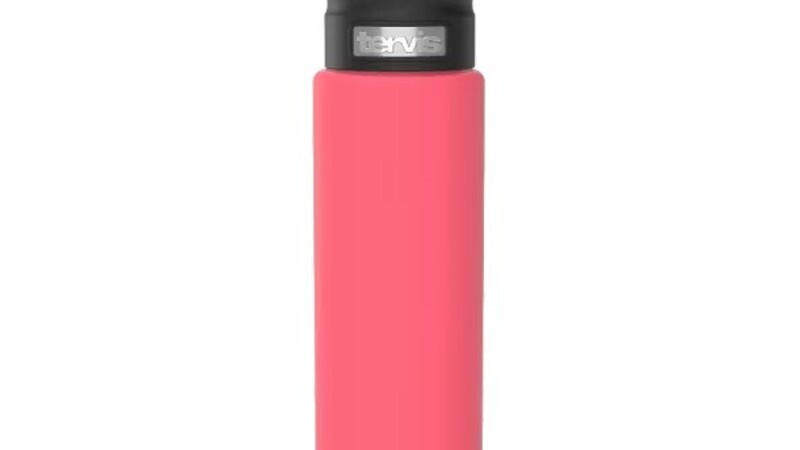In today’s fast-paced industrial contexts, optimizing machinery performance is critical for reducing downtime and increasing production. Filters play a valuable role in this because they prevent impurities from entering equipment, allowing for smooth and reliable functioning. Yamashin filters are well acknowledged as one of the industry’s top solutions for meeting demanding filtration needs. Having a thorough understanding of filter alternatives or replacements that meet your machinery’s exact specs can be quite beneficial for those looking to retain optimal operational efficiency without sacrificing quality.
What is a Filter Cross Reference
A filter cross reference is essentially a guide that helps customers find suitable filters from various manufacturers that perform the same job. This approach is valuable for businesses where certain filters are critical to operations because it allows for greater sourcing flexibility while maintaining quality and performance standards. The Yamashin filter cross reference assists industries in finding comparable filter substitutes when the original is unavailable or too expensive. Industries such as construction, mining, and manufacturing widely use cross-reference filters. Severe conditions expose these industries’ machines and equipment, requiring robust filtering systems to prevent contamination. Cross-referencing allows businesses to manage these systems without worrying about operational failures caused by a lack of a specific branded filter.
Why Yamashin Filters
Yamashin filters are known for their long-lasting performance and high filtration standards. These filters are designed to satisfy the needs of heavy-duty machinery, making them a popular choice in many sectors. Yamashin filters provide exceptional performance in hydraulic systems and air filtration, guaranteeing that impurities do not impact machine functionality. The creation of cross-reference databases for Yamashin filters demonstrates the brand’s dedication to ensuring that clients can keep their gear running smoothly, even if a precise match for the original filter is not easily accessible. This versatility can be game-changing, particularly for businesses that cannot afford downtime due to equipment failure.
Advantages of Using Filter Cross-Reference Systems
The most notable advantage of employing a cross-reference system, such as the Yamashin filter cross reference, is versatility. Companies are no longer limited to a single source or manufacturer when looking for replacement parts. This flexibility is especially useful in businesses where machinery must function continuously, and delays in acquiring components can result in costly disruptions. Another notable benefit is the guarantee of interoperability. This certainty stems from the extensive testing and engineering that goes into creating these references. It assures that cross-referenced filters meet or surpass the original parts’ filtering specifications. Cross-referencing helps to reduce costs. In some circumstances, branded filters may be more expensive because of their brand name, but by using a cross-reference system, businesses can find equally effective solutions at a lower cost. The filter cross-reference system provides industries with a significant option for ensuring the best functioning of their equipment without having to worry about part shortages or expensive replacements. By providing access to a broader range of filter options, businesses can reliably source solutions that fit their specific requirements while avoiding operational disruption.



